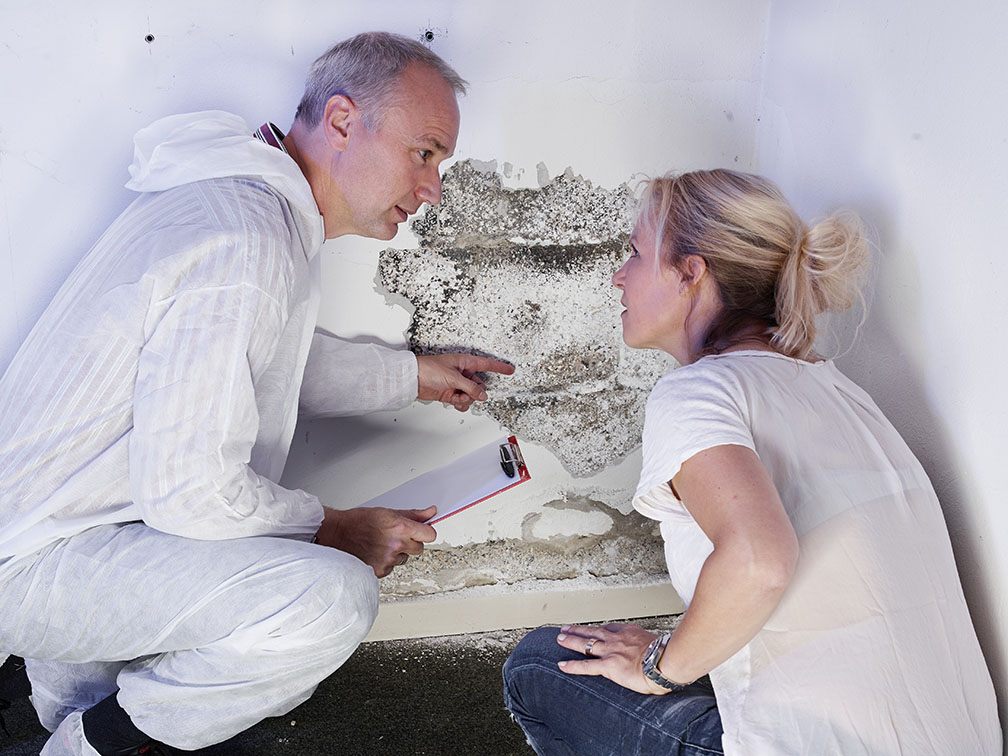Getting Tired of Renting? Here Are the Top 5 Reasons Why Young People Prefer Owning a Home
 At some point in their lives, every renter thinks about home ownership and whether or not it’s worth it. Let’s explore the top 5 reasons why young individuals prefer the idea of owning a home over renting.
At some point in their lives, every renter thinks about home ownership and whether or not it’s worth it. Let’s explore the top 5 reasons why young individuals prefer the idea of owning a home over renting.
It’s All About Control
It’s unlikely to come as a surprise that having control over their living space is the number one reason that younger buyers prefer owning over renting. Living in a home owned by someone else limits your ability to customize your home. Want to expand a room or rip out the kitchen cabinets? Good luck with getting your landlord to pay for that!
Privacy And Security Are Key
More than 90 percent of millennials reported that having a sense of privacy is an important factor when choosing between buying and renting. And this makes a lot of sense, especially in areas where a landlord has the right to enter the premises on short notice. It’s tough to imagine feeling secure when a landlord can demand access to their home for whatever reason they so choose.
Your Own Space Is Just Nicer
Take a look around your home. Is it as luxurious as you’d like it to be? While you can furnish a rented apartment or house however you want, in many cases, renters just don’t put the same amount of effort into it. 81% of young renters shared that one reason they want to buy is so that they can live in a nicer place.
You’ll Be More Engaged In The Community
If you want to feel more engaged in your local community, buying a home is an excellent idea. More than 75 percent of young and first-time buyers reported that community engagement is a key reason that they want to be a home owner. Not only are you more likely to care about the area around your home if you’re responsible for its upkeep. But as the value of your home is influenced by the surrounding area, you also have a financial incentive to staying engaged in the health of your community.
Owning Gives You Flexibility
Finally, consider that owning your own home will offer flexibility that you can’t get from renting. Not only will you be able to customize your home the way you want, but you’ll also have a productive financial asset. And that can be a huge help in securing additional credit if you want to make significant investments or other financial moves.
When you’re ready to expand your freedom by purchasing your own home, contact your trusted mortgage professional. We’re happy to help.

 Without a doubt, it can be both overwhelming and exciting to find your dream home and be able to put the money down for it. However, there are a lot of things to know before signing on the dotted line so you can avoid buyer’s remorse. Instead of going it alone, here are a few tips to keep in mind before you decide to commit to your new home.
Without a doubt, it can be both overwhelming and exciting to find your dream home and be able to put the money down for it. However, there are a lot of things to know before signing on the dotted line so you can avoid buyer’s remorse. Instead of going it alone, here are a few tips to keep in mind before you decide to commit to your new home. There are so many small details involved in the final purchase of a home that it can be easy to lose track of the things that need to be done. While you won’t be able to forget about a home inspection, a pest inspection can be every bit as important before you sign on the dotted line. If you’re wondering why you shouldn’t forego this important step, consider the following information.
There are so many small details involved in the final purchase of a home that it can be easy to lose track of the things that need to be done. While you won’t be able to forget about a home inspection, a pest inspection can be every bit as important before you sign on the dotted line. If you’re wondering why you shouldn’t forego this important step, consider the following information. Outside of the significant financial responsibility of delving into home ownership, there can also be a lot of other risks involved that you may not have thought about before investing in a home. You’ll need to protect your home against theft or burglary. And homeowner’s insurance to protect your home and belongings is almost a requirement. But there are other less common occurrences you may not have thought about. If you happen to be living in an area that’s at high risk of fire, here are some things to consider beforehand.
Outside of the significant financial responsibility of delving into home ownership, there can also be a lot of other risks involved that you may not have thought about before investing in a home. You’ll need to protect your home against theft or burglary. And homeowner’s insurance to protect your home and belongings is almost a requirement. But there are other less common occurrences you may not have thought about. If you happen to be living in an area that’s at high risk of fire, here are some things to consider beforehand. An open house is a good opportunity to get out and about to see what kind of home you’re looking for and if it will work for you. Fortunately, they can also be a good opportunity to find out some things about the house you’re looking at that might not be listed on the website and may be less than flattering. If you’re wondering what red flags to watch out for, pay attention to the following things the next time you’re at a showing.
An open house is a good opportunity to get out and about to see what kind of home you’re looking for and if it will work for you. Fortunately, they can also be a good opportunity to find out some things about the house you’re looking at that might not be listed on the website and may be less than flattering. If you’re wondering what red flags to watch out for, pay attention to the following things the next time you’re at a showing.